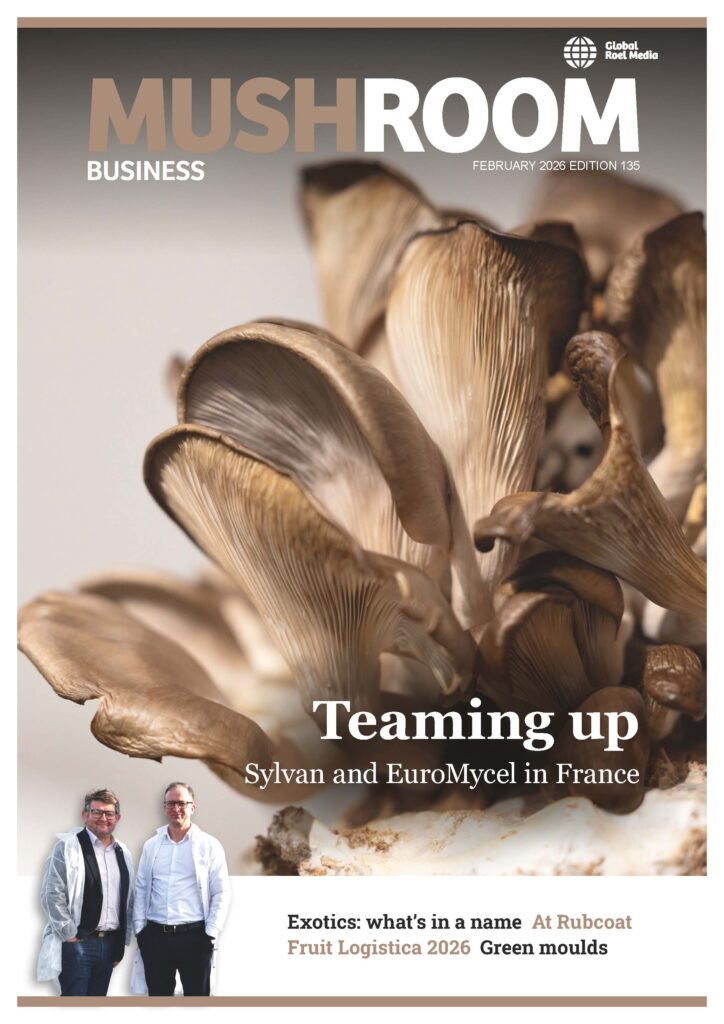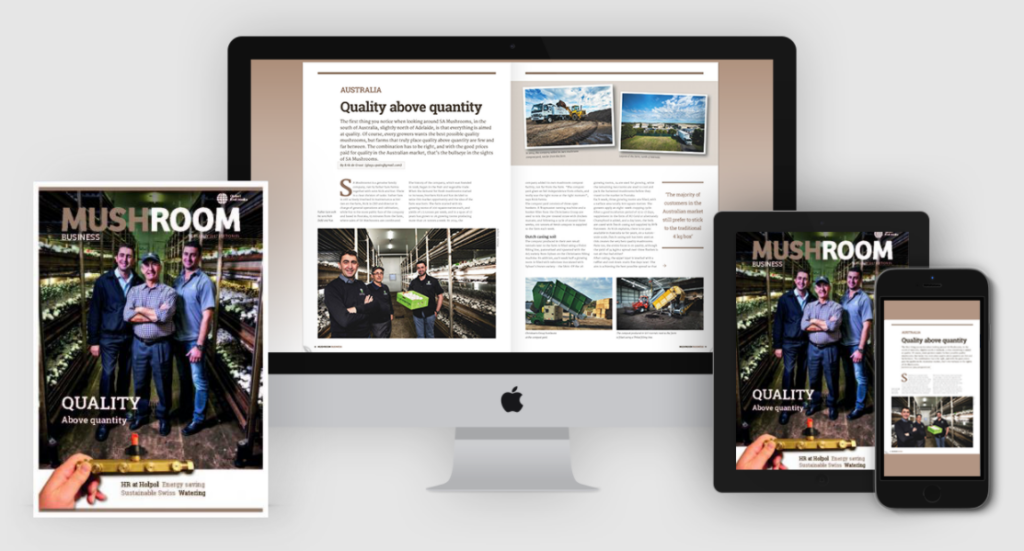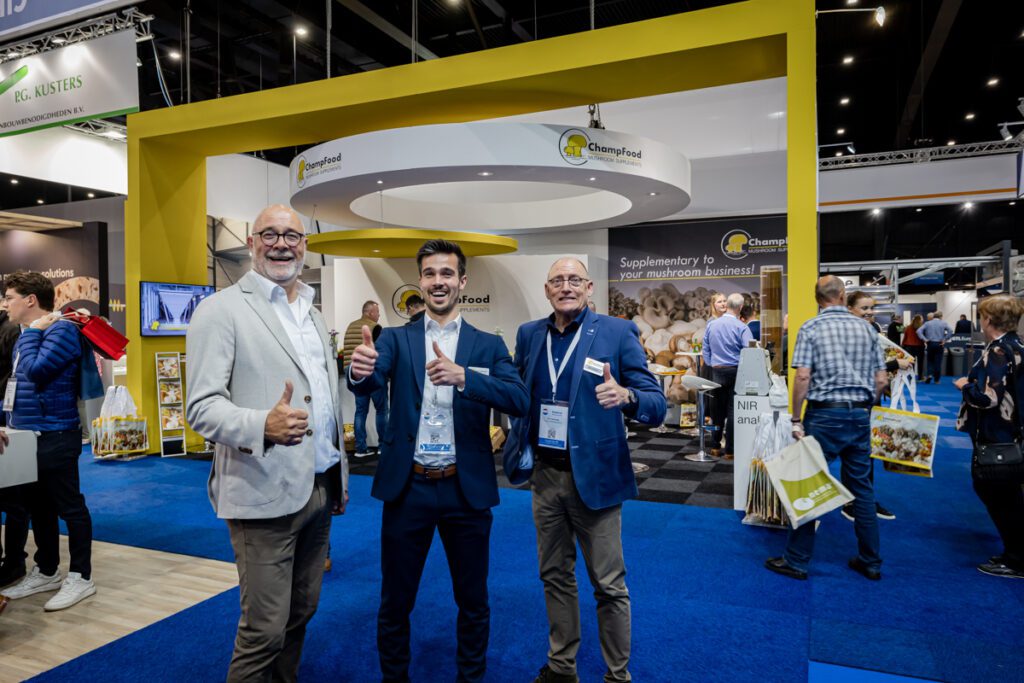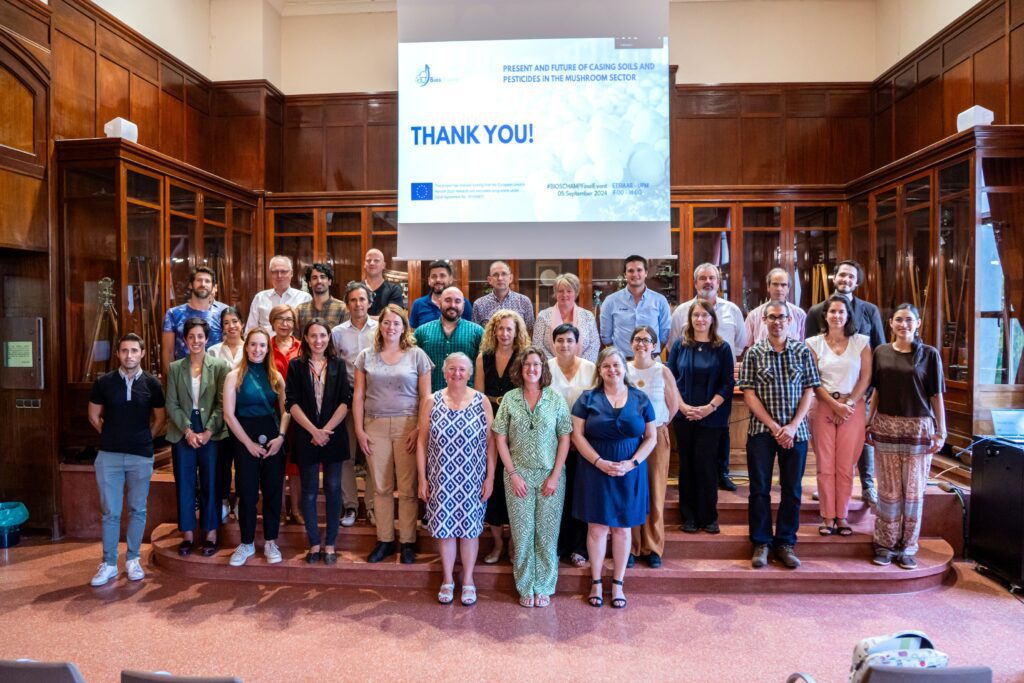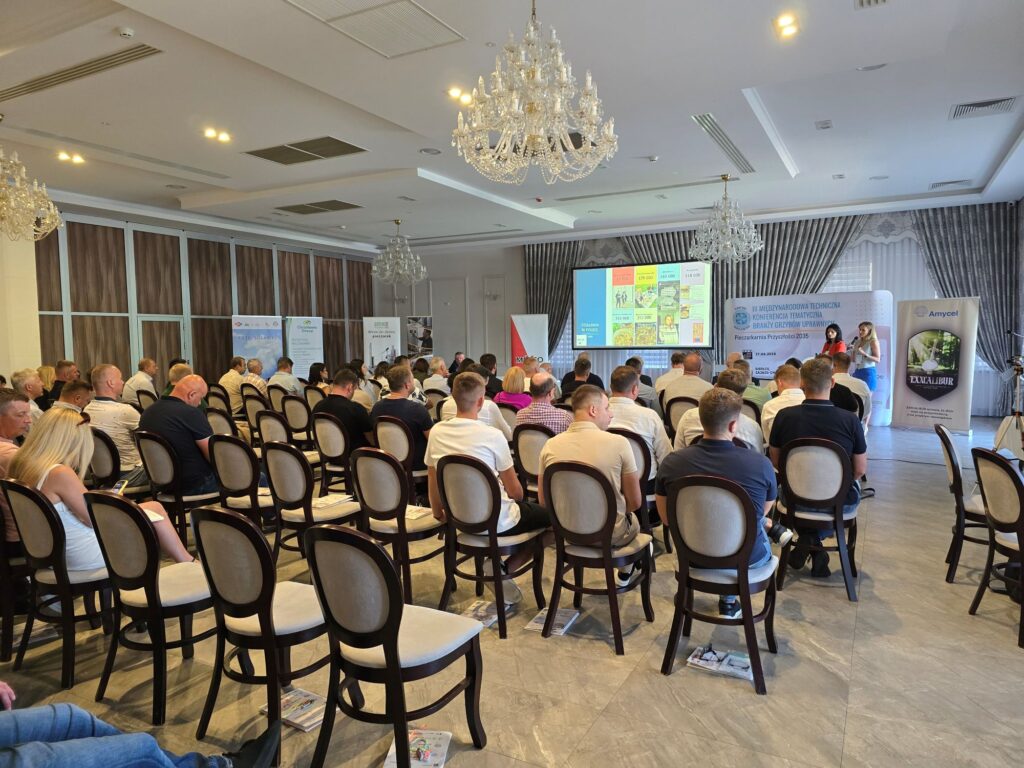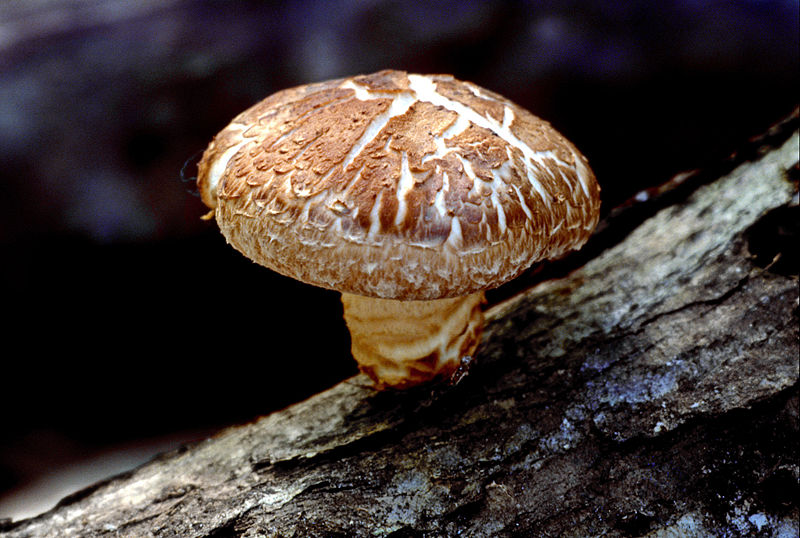
After the disaster with the Fukushima nuclear plant, production of mushrooms from that region will be lower in the near future. Mushrooms are a known absorber of radioactive material.
The problem now, however, is that the medium the mushrooms grow on is also affected. Wood logs and sawdust appear to be contaminated and have absorbed cesium. Restrictions have been put in place to forbid transportation of mushrooms from the Fukushima area, one of the largest production areas of mushrooms in Japan.
Tree logs Japanese statistics show that the country is number 8 worldwide as it comes to producing Shii-take and number 4 in the production of Nameko. Radioactive cesium, over the norm of 500 Becquerel per kilogram was first found in April, on mushrooms grown outdoors on wood logs. It was initially believed that cesium discharged from the stricken Fukushima number 1 nuclear plant had settled on these mushrooms. In July, however, excess radioactive substances were detected in shiitake mushrooms grown indoors, indicating the possibility that cesium had been absorbed from contaminated tree logs. After this, sales of these mushrooms grown indoors were stopped. Retail prices, also for mushrooms that stay well under the safety norm, have plummeted. The farm ministry plans to analyze the actual levels of contamination in the tree logs and to publish, in the near future, transfer factors from tree logs to mushrooms and safety standards for using tree logs that contain cesium.
Chernobyl The Japanese ministry of agriculture has learnt, after the nuclear disaster with the Chernobyl plant in 1986, that mushrooms have a very high absorption capacity for radioactive material, more than other crops. If the growing medium itself is the problem now, this might have a long term effect on mushroom production in the area around the Fukushima plant. These wood logs are stored outside for a fair period of time before being spawned with mushroom spawn. Picking and transporting wild mushrooms from the area is also prohibited.

